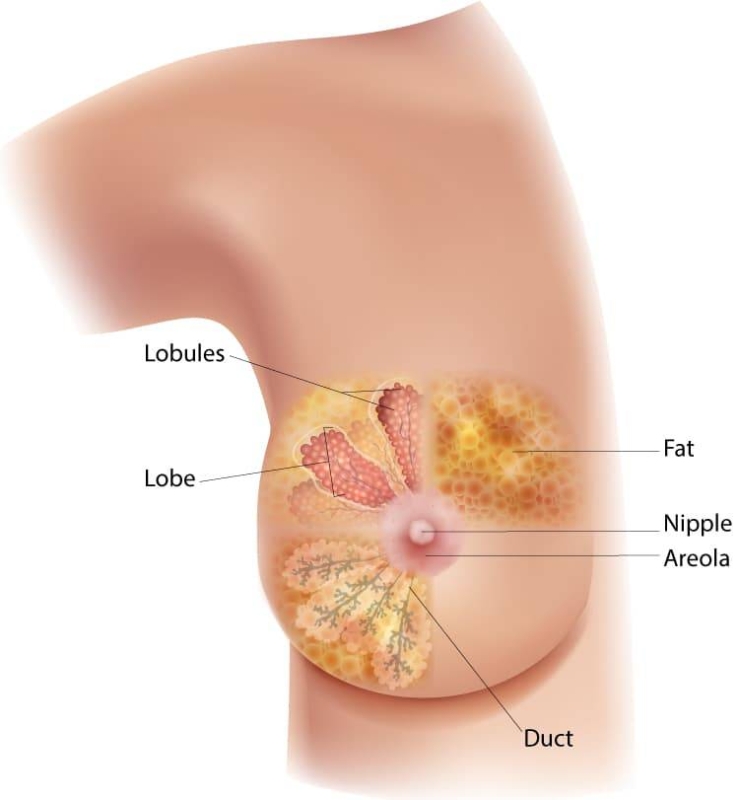Breast cancer
Correspondent | Tuesday April 25, 2023 06:00


In this article, we will discuss the causes, symptoms, risks, prevention, and screenings for breast cancer. Causes: The exact cause of breast cancer is not known, but certain risk factors increase the chances of developing it.
These include age, family history, exposure to estrogen, and certain gene mutations. Symptoms and Risks: Symptoms of breast cancer may include a lump in the breast or underarm area, changes in the size or shape of the breast, nipple discharge, or changes in the skin of the breast.
Risk factors for breast cancer include age, gender, family history, genetics, hormone levels, alcohol consumption, and exposure to radiation. Prevention: While it is not always possible to prevent breast cancer, there are steps that people can take to reduce their risk.
These include maintaining a healthy weight, staying physically active, avoiding alcohol or limiting consumption, and avoiding exposure to radiation. Screenings: Screening tests can help detect breast cancer early, when it is most treatable.
The most common screening tests for breast cancer include mammograms, breast MRI, and breast ultrasound. Women over the age of 50 are generally recommended to have a mammogram every two years. Treatment: The treatment for breast cancer depends on several factors, including the stage and type of cancer, as well as the person's overall health. Treatment may include surgery, radiation therapy, chemotherapy, hormone therapy, or a combination of these treatments.
In conclusion, breast cancer is a type of cancer that develops in the cells of the breast. While the exact cause of breast cancer is not known, there are several risk factors that increase the chances of developing it. Women should be aware of the symptoms of breast cancer and should undergo regular screenings to detect it early.
There are also steps that people can take to reduce their risk of developing breast cancer, including maintaining a healthy lifestyle and avoiding exposure to certain risk factors. If you are diagnosed with breast cancer, there are several treatment options available, and working closely with your healthcare team can help you develop a treatment plan that is right for you.
